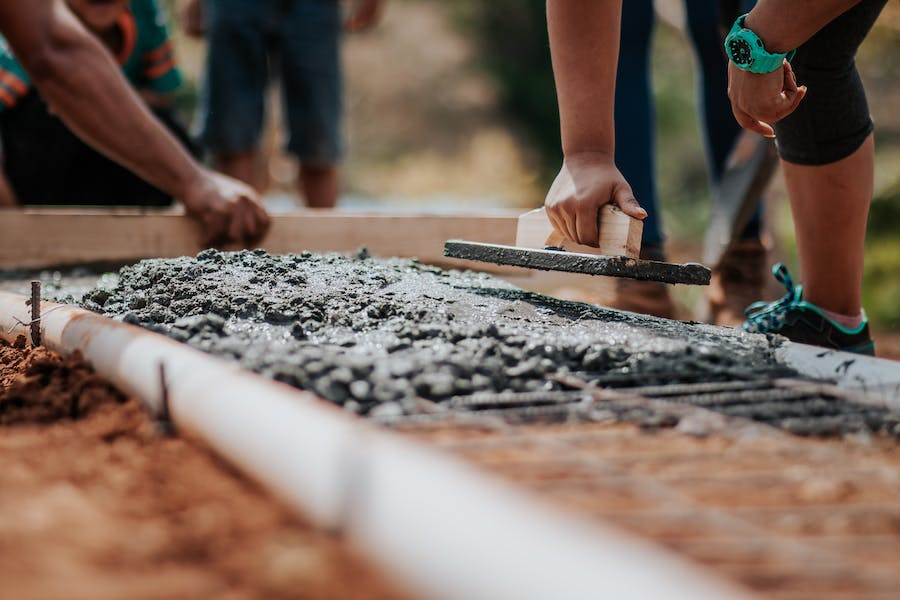
Some experts say that mixing concrete is like baking a cake; it requires the right ingredients, the proper techniques, and quite a bit of precision. Of course, many people might be quick to point out that mixing concrete is far more complicated than baking. After all, a building’s structural integrity is far more crucial than that of a cake. If a cake falls apart, a few people might be disappointed. If a concrete structure collapses, numerous injuries and even losses of life can ensue.
Because of that, proper techniques and follow-up measures are essential for building with concrete. They contribute to the safety, longevity, and cost-effectiveness of construction projects and ensure satisfactory results. Take a look at some of the factors that foster reliability and cost-effectiveness in concrete mixing.
Taking Advantage Of The Latest Technology
First off, it’s important to mention that manual processes are no longer the only options available for concrete mixing, pouring, and curing. Numerous tools are on the market for remotely monitoring an array of factors. Those include sensors for mixing concrete to ensure the precise measurement of ingredients. Sensors are also available for monitoring the curing process to ensure moisture levels, temperatures, timeframes, and other factors remain within optimal parameters.
There’s a use for a concrete sensor in virtually every phase of the mixing and curing process. These advanced tools allow for remote monitoring, greater precision, and higher quality among other advantages. They provide real-time data to help reduce waste and improve cost-effectiveness for all types of construction projects.
Proportional Mixing And Precise Measurements
Now, we can move on to the more basic aspects of concrete mixing. It all begins with accurately measuring the cement, sand, and aggregates that are used to make concrete. These ingredients must be measured precisely to ensure the finished product has the right strength and durability. Even a slight miscalculation can result in disaster.
Consistency during the mixing process is also essential. Concrete should be mixed thoroughly to ensure all the raw materials are thoroughly and evenly blended for the proper amounts of time. Keep in mind that different types of concrete have varying requirements, so paying close attention to the products being used and the desired end results is crucial.
Moisture Control
Moisture control is likewise critical when mixing concrete. Too much or too little moisture can leave concrete weak and interfere with the curing process. Water reducers, superplasticizers, and other additives can lower concrete’s moisture content while maintaining workability. Sensors can help in this regard as well. Monitoring and controlling moisture content can help companies save money and ensure quality.
Temperature
Concrete mixing and curing are also impacted by temperature. Temperature can affect moisture levels, so it may interfere with mixing and speed up or slow down the curing process. In some cases, the mixing process may need to be adjusted based on the temperatures both outside and inside the mixer. Water temperatures may need to be adjusted as well for more effective mixing, pouring, and curing. Again, sensors and remote monitoring can be invaluable here.
Quality Assurance
In addition to those factors, regular quality assurance testing should be performed. That helps to ensure concrete has optimal compressive strength, workability, and other properties. Testing can help uncover possible issues in every leg of the construction process. In turn, it can aid in preventing costly and potentially dangerous mistakes.
Maintaining Concrete Quality with Care and Precision
Concrete has long been used as a construction material due to its strength, versatility, and longevity. Maintaining those properties requires precision and attention to detail. Using the right techniques and testing for quality throughout the construction process is essential for ensuring quality and consistency. Concrete sensors can also be helpful tools for guaranteeing safety and cost-effectiveness.




















